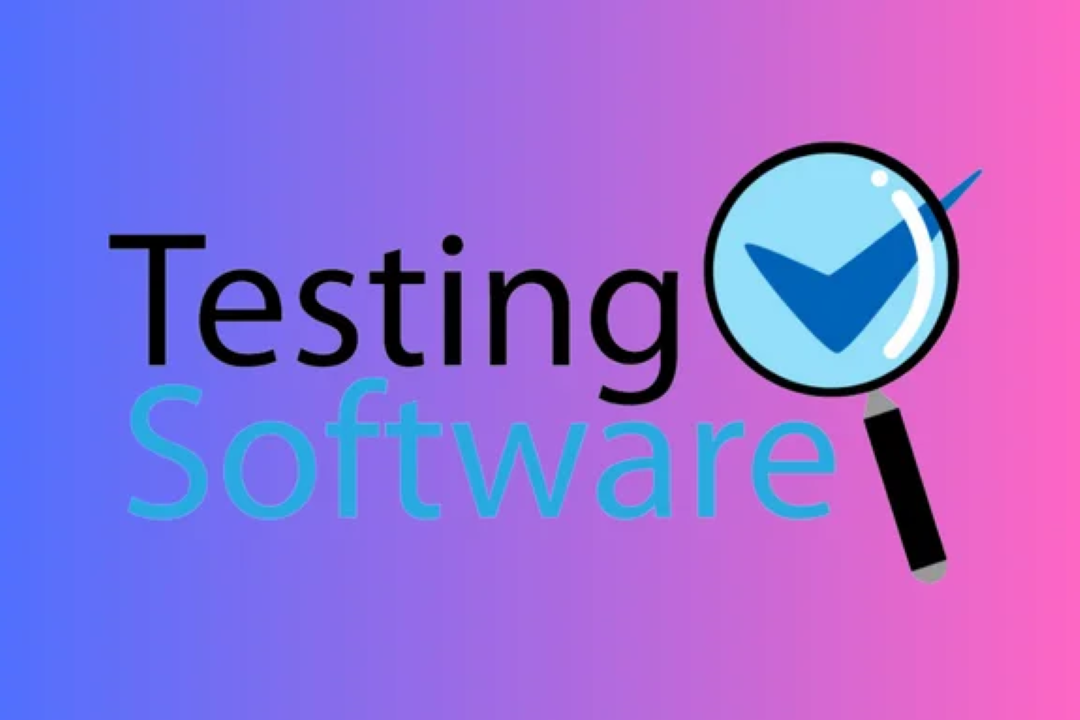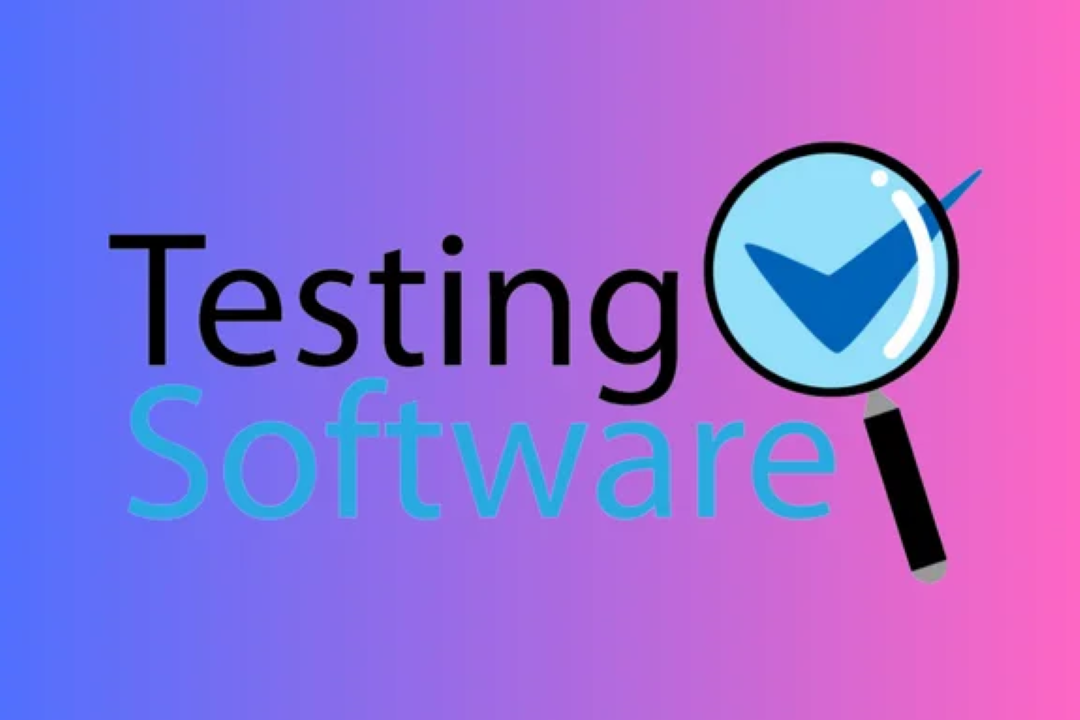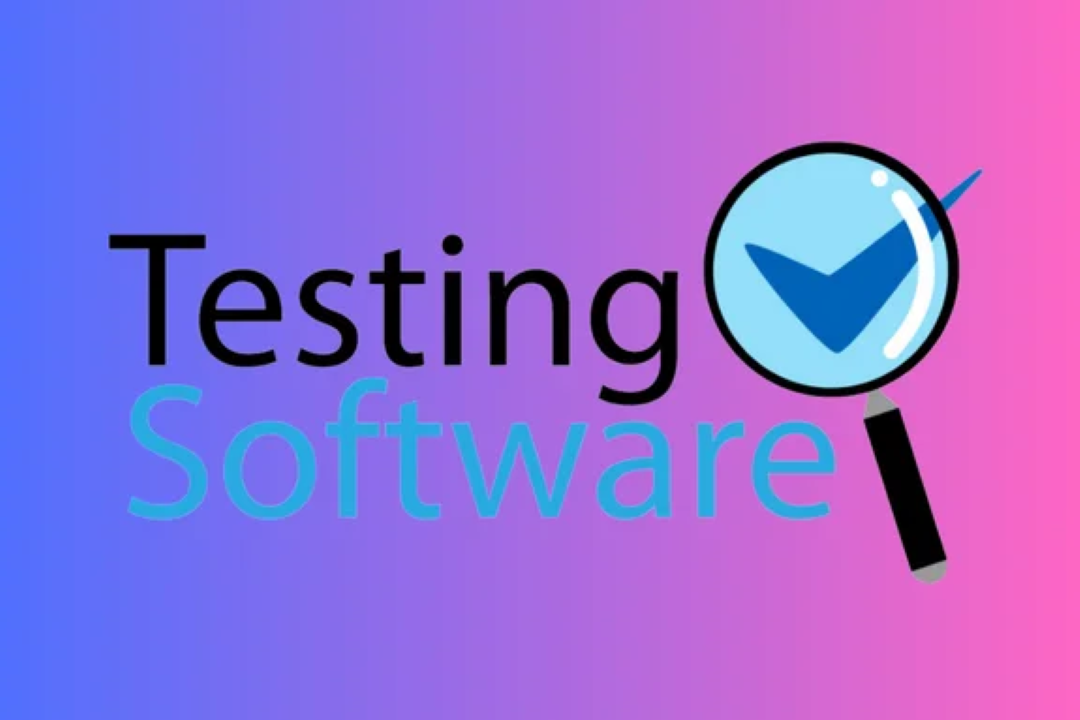Manual Testing Interview Questions Guru99
The "Manual Testing Interview Questions and Answers" guide from Guru99 is a detailed compilation des
Manual Testing Interview Questions Guru99
The “Manual Testing Interview Questions and Answers” guide from Guru99 serves as a valuable resource for aspiring software testers, offering a comprehensive collection of frequently asked questions that cover essential topics in manual testing. This guide is particularly useful for interview preparation, as it not only helps candidates understand key concepts and testing methodologies, but also equips them with the knowledge to effectively articulate their expertise during interviews. By familiarizing themselves with these questions and answers, candidates can boost their confidence and significantly enhance their chances of success in securing a role in the competitive field of manual software testing.
To Download Our Brochure: https://www.justacademy.co/download-brochure-for-free
Message us for more information: +91 9987184296
The “Manual Testing Interview Questions and Answers” guide from Guru99 serves as a valuable resource for aspiring software testers, offering a comprehensive collection of frequently asked questions that cover essential topics in manual testing. This guide is particularly useful for interview preparation, as it not only helps candidates understand key concepts and testing methodologies, but also equips them with the knowledge to effectively articulate their expertise during interviews. By familiarizing themselves with these questions and answers, candidates can boost their confidence and significantly enhance their chances of success in securing a role in the competitive field of manual software testing.
Course Overview
The “Manual Testing Interview Questions Guru99” course is designed to equip aspiring software testers with the essential knowledge and skills needed to excel in manual testing interviews. This comprehensive program covers a wide array of frequently asked interview questions, ranging from basic concepts to advanced testing methodologies. Participants will gain insights into real-world testing scenarios and best practices, enabling them to articulate their understanding of manual testing processes confidently. With a focus on practical applications and effective communication, this course not only prepares candidates for interviews but also enhances their overall proficiency in the field of software testing, ultimately paving the way for a successful career in quality assurance.
Course Description
The “Manual Testing Interview Questions Guru99” course is tailored for individuals aspiring to build a successful career in software testing. This course provides an in-depth exploration of commonly asked manual testing interview questions, guiding learners through fundamental testing concepts, methodologies, and best practices. Participants will delve into real-world testing scenarios and case studies, empowering them to answer questions with confidence and clarity. By emphasizing practical applications and situational responses, the program not only prepares candidates for interviews but also equips them with the necessary skills and knowledge to excel in the software testing domain, ensuring they stand out in the competitive job market. With interactive sessions and expert guidance, learners will emerge ready to tackle interviews and pursue rewarding opportunities in quality assurance.
Key Features
1 - Comprehensive Tool Coverage: Provides hands-on training with a range of industry-standard testing tools, including Selenium, JIRA, LoadRunner, and TestRail.
2) Practical Exercises: Features real-world exercises and case studies to apply tools in various testing scenarios.
3) Interactive Learning: Includes interactive sessions with industry experts for personalized feedback and guidance.
4) Detailed Tutorials: Offers extensive tutorials and documentation on tool functionalities and best practices.
5) Advanced Techniques: Covers both fundamental and advanced techniques for using testing tools effectively.
6) Data Visualization: Integrates tools for visualizing test metrics and results, enhancing data interpretation and decision-making.
7) Tool Integration: Teaches how to integrate testing tools into the software development lifecycle for streamlined workflows.
8) Project-Based Learning: Focuses on project-based learning to build practical skills and create a portfolio of completed tasks.
9) Career Support: Provides resources and support for applying learned skills to real-world job scenarios, including resume building and interview preparation.
10) Up-to-Date Content: Ensures that course materials reflect the latest industry standards and tool updates.
Benefits of taking our course
Functional Tools
1 - Selenium
Selenium is a widely used open source tool for automating web applications for testing purposes. In the course, students learn how to use Selenium for manual testing processes, enabling them to create and execute test scripts effectively. They gain hands on experience with Selenium WebDriver, a key component that allows interaction with browsers through programming languages like Java, Python, and C#. By mastering Selenium, learners can better understand test automation frameworks and explore how manual testing can transition into automated testing.
2) JIRA
JIRA is an agile project management tool used primarily for tracking issues and bugs related to software development and testing. During the training program, students understand how to create, track, and manage test cases, bugs, and user stories. Through practical scenarios, participants learn the workflow of reporting issues using JIRA, which enhances their ability to collaborate with development teams efficiently. This exposure prepares students to work in environments that require seamless communication and issue resolution.
3) Postman
Postman is a tool used for API testing, which is essential for ensuring that APIs provide the expected outcomes. In the course, learners explore how to set up automated tests and run them to validate the functionality of APIs. With Postman, students gain experience in creating requests and examining responses, allowing them to understand how manual testing fits into the API development lifecycle. Familiarity with Postman equips students with the skills to troubleshoot APIs effectively during testing phases.
4) TestRail
TestRail is a web based test case management tool that helps teams manage and organize their testing efforts. The training program introduces students to creating test plans, writing test cases, and tracking test results using TestRail. This experience helps learners appreciate the importance of effective documentation and measuring testing progress. By utilizing TestRail, participants develop structured methodologies for manual testing, enhancing their ability to manage large scale testing tasks and collaborate with team members.
5) Excel
Excel remains a fundamental tool in software testing for managing test cases and reporting bugs. In the course, students learn how to structure test cases in Excel spreadsheets, enabling them to track testing processes more efficiently. Utilizing Excel helps participants develop skills in organizing data, performing analyses, and generating reports. This hands on practice is crucial for manual testers, as they often work in environments where documentation and data management are key components of the testing lifecycle.
6) Bugzilla
Bugzilla is an open source bug tracking system that allows teams to track reported software bugs. Students in the training program will explore how to effectively report issues, prioritize bugs, and monitor their resolution using Bugzilla. This tool provides a deep understanding of the lifecycle of bugs from reporting to closure, which is essential for manual testers looking to ensure quality assurance in software releases. The course emphasizes the importance of maintaining clear communication and thorough documentation throughout this process.
Here are additional points for each of the tools to enhance your content:
1 - Selenium
Cross Browser Testing: Students learn to execute automated tests across multiple browsers such as Chrome, Firefox, and Safari, which is crucial for ensuring consistent user experiences.
Testing Framework Integration: The course covers how to integrate Selenium with popular testing frameworks like TestNG and JUnit, allowing for more structured test development and reporting capabilities.
Handling Dynamic Elements: Participants gain skills in managing dynamic web elements, enabling them to write robust and effective test scripts for real time applications.
2) JIRA
Workflow Customization: The training includes lessons on customizing workflows in JIRA to fit specific project needs, which enhances project adaptability.
Agile Methodologies: Students understand how JIRA supports Agile project management practices, including sprint planning and Kanban boards, fostering a collaborative testing approach.
Integration with Other Tools: Learners explore how to integrate JIRA with other tools such as Confluence and Bitbucket, creating a more comprehensive development and testing environment.
3) Postman
Collection and Environment Management: Participants learn to create reusable collections and manage different environments for testing APIs, enhancing test organization and reusability.
Automation with Newman: The course covers how to use Newman, the command line tool for Postman, to automate tests in continuous integration (CI) pipelines.
Mock Servers: Learners explore how to use Postman to create mock servers for simulating API endpoints, allowing for easier testing even when back end services are unavailable.
4) TestRail
Real Time Analytics: Students discover how TestRail provides real time analytics and reporting features to track testing progress and uncover areas needing attention.
Test Case Versioning: The training covers the importance of versioning test cases, ensuring teams can track changes and maintain historical records of test scenarios.
Exporting and Importing Data: Participants learn how to import existing test cases from Excel and export test results for reporting, streamlining the workflow between various testing environments.
5) Excel
Advanced Functions: Learners become proficient in using advanced Excel functions such as VLOOKUP, PivotTables, and conditional formatting to analyze test data effectively.
Dashboard Creation: The course teaches students how to create dashboards in Excel to visualize testing metrics and outcomes, facilitating better decision making.
Data Validation: Participants understand the importance of data validation in test case documentation to ensure accuracy and consistency in testing efforts.
6) Bugzilla
Custom Fields and Queries: Students learn how to create custom fields in Bugzilla for specific project needs and utilize advanced querying features to filter and sort bug reports effectively.
Reporting and Metrics: The course covers generating reports from Bugzilla to analyze bug trends, helping teams identify recurring issues and improve software quality.
Email Notifications and Watchlists: Participants explore how Bugzilla’s email notifications and watchlist features enhance communication within the team, ensuring that all relevant stakeholders are kept informed about critical issues.
These expanded points will help create a more comprehensive understanding of each tool, enriching the learning experience for your certification courses at JustAcademy.
Browse our course links : https://www.justacademy.co/all-courses
To Join our FREE DEMO Session: Click Here
This information is sourced from JustAcademy
Contact Info:
Roshan Chaturvedi
Message us on Whatsapp: +91 9987184296
Email id: info@justacademy.co












